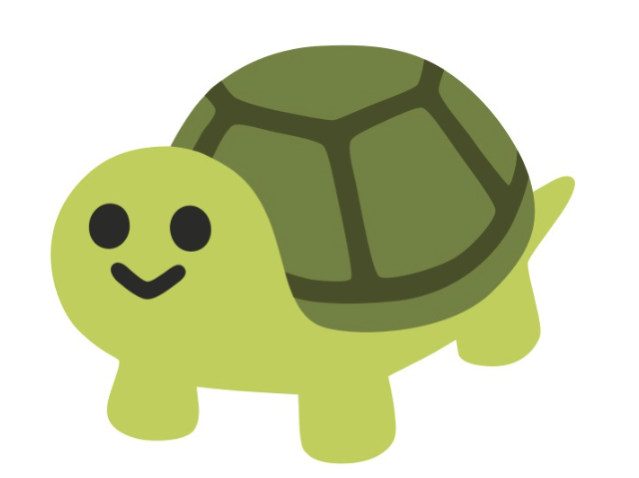- cross-posted to:
- technology@lemmy.world
- cross-posted to:
- technology@lemmy.world
“Behaving unexpectedly” means:
However, using their school telescope, a team of children and their teacher Jonathan Swift at Thacher School in California have found that more than a month after the collision, Dimorphos’ orbit continuously slowed after impact… which is unusual and unexpected.
As reported in the New Scientist, the team presented their findings at a meeting of the American Astronomical Society.
After discovering the unusual behaviour of Dimorphos, it’s likely that Nasa will have to factor in the high school’s findings, if they ever launch another asteroid redirection mission in the future.
Amateur observers contribute data all the time, so great that this might spark continued interest for some of those kids. I’m sure their data along with further observations by bigger scopes, as well as the HERA probe planned to revisits the asteroid pair will give better insight into the complex physics that occurred.
I’m guessing the speculation of a now tumbling satellite that has varying pull because of its wobble might be the best one. It would be a real surprise if we found out that the DART probe hit precise dead center of mass and had a perfect vector change with no oddities.
School children??
As opposed to Home Children
“Shit I think we hit something! Pull over.”
Throws it back at us
After NASA struck the asteroid it started acting “like a little bitch” according to students who observed the asteroid. NASA said it was considering striking the asteroid again.
How else are the asteroids gonna learn? That they can’t just trajectory into our Earth space.
it’s actually an alien spacecraft. it’s slowing down so it can reroute to intercept its attacker.
- to find the source and have its revenge sevenfold.
Kinda the point of doing so mething for the first time isn’t?



